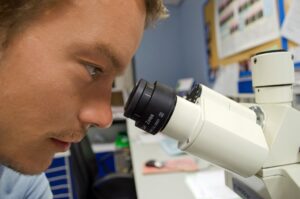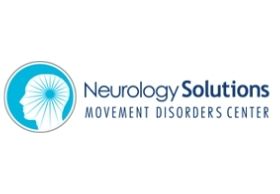
Deep Brain Stimulation Learning, Support Group
Undergoing surgery for Deep Brain Stimulation can be a stressful experience for patients and their families. Neurology Solutions sponsors a deep brain stimulation support group monthly to provide a chance to meet and learn from others with Parkinson’s disease who have undergone DBS surgery. Many of our patients report that talking to other patients before having DBS surgery provided them great comfort and helped them reach a decision about surgery.
Individuals in the Austin area who have undergone DBS surgery or are considering this option and their families are welcome to join the DBS Support Group at 2 p.m., the third Friday of every month at Neurology Solutions Movement Disorders Center office.








